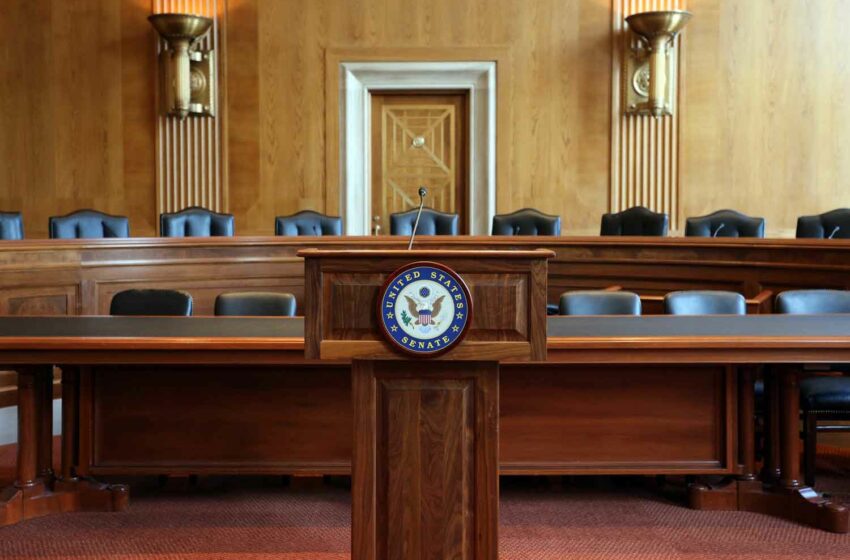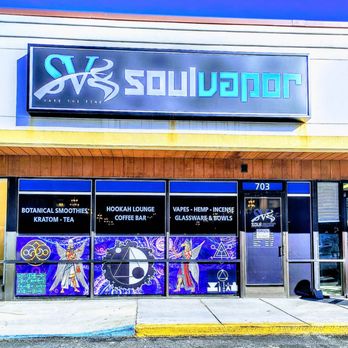
The United States District Court for the Southern District of West Virginia enjoined Soul Vapor LLC, a West Virginia-based company, and the company’s owner, Aurelius Jeffrey, from “directly or indirectly manufacturing, distributing, selling, and/or offering for sale any new tobacco product” that has not received marketing authorization from FDA.
The court also ordered Soul Vapor and Jeffrey to destroy e-cigarette products that were manufactured by Soul Vapor and are in their custody, control, or possession.
“FDA vigorously enforces the law and will continue to work with the U.S. Department of Justice to take enforcement actions, such as pursuing permanent injunctions, against those who defy the law,” said John Verbeten, director of CTP’s Office of Compliance and Enforcement. “This injunction is another reminder that FDA will use the full scope of its enforcement tools to protect public health.”
According to the complaint filed by the U.S. Department of Justice (DOJ) on FDA’s behalf, the defendants were previously warned they were in violation of the Federal Food, Drug, and Cosmetic Act’s (FD&C Act) premarket review requirements for manufacturing, selling, and distributing new tobacco products by failing to first obtain marketing authorization from FDA. The complaint also alleged that the defendants submitted materially false information to FDA.
“The court’s order is yet another example of how FDA – in coordination with federal partners – is successfully ramping up enforcement to combat unauthorized e-cigarettes,” said Brian King, director of the FDA’s Center for Tobacco Products (CTP). “We will continue to work with our federal partners to identify and bring enforcement actions against bad actors, while continuing to educate stakeholders about the need for additional resources to best support these efforts.”
CTP’s ability to pursue enforcement actions, including injunctions, is solely dependent on user fees. CTP is 100 percent funded by user fees, which the FD&C Act authorizes FDA to collect from manufacturers and importers of cigarettes, snuff, chewing tobacco, roll-your-own tobacco, cigars, and pipe tobacco. However, this authority has not been updated to reflect the realities of the tobacco product marketplace, including the emergence of e-cigarettes over a decade ago, according to a release.
As a result of this inequity, e-cigarette manufacturers are currently paying no fees while continuing to profit off unauthorized products. In order to enhance the CTP’s enforcement actions, including pursuit of injunctions, the agency has requested updated authority from Congress to modernize the tobacco user fee framework to apply to all tobacco products regulated by the agency.
The injunction against Soul Vapor highlights the successful cooperation between FDA and the DOJ to enjoin bad actors from manufacturing, selling, and distributing unauthorized e-cigarette products. FDA has taken numerous judicial enforcement actions as a part of its comprehensive approach to enforcing the law, including eight injunctions in coordination with DOJ since 2022, according to the FDA.
Additionally, on June 10, 2024, FDA and DOJ announced the creation of an interagency task force focused on using an all-government approach to combat the illegal distribution and sale of unauthorized e-cigarettes in the U.S.

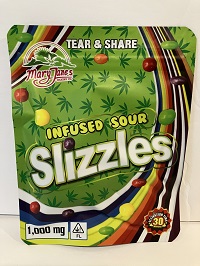
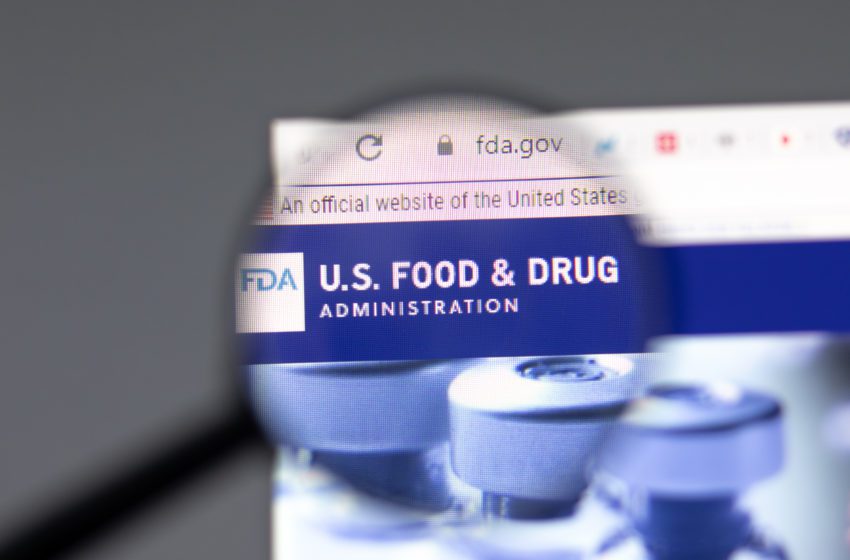
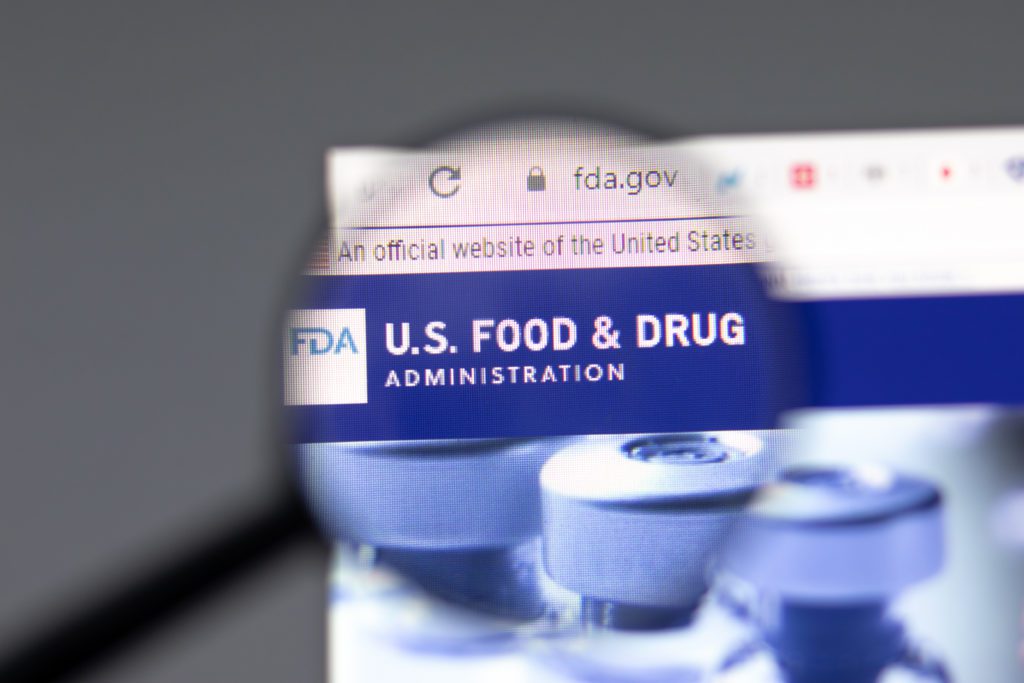

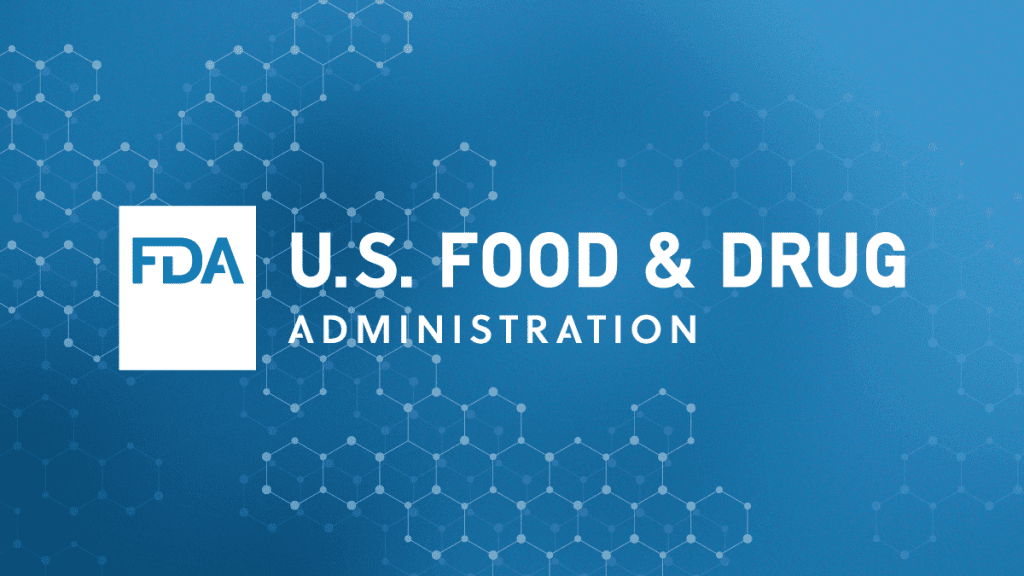

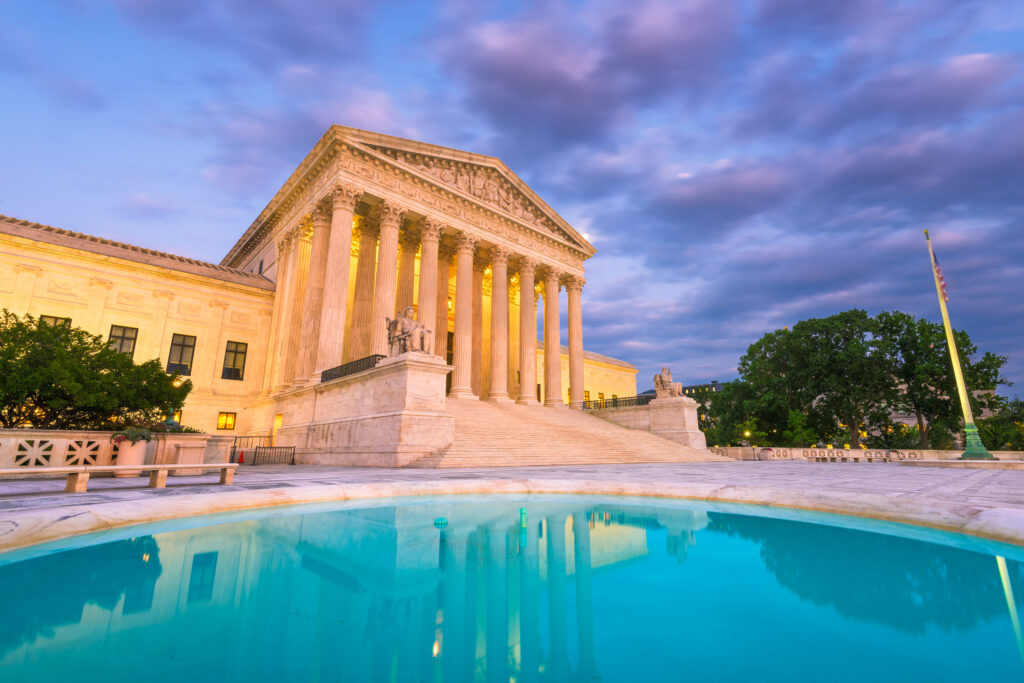
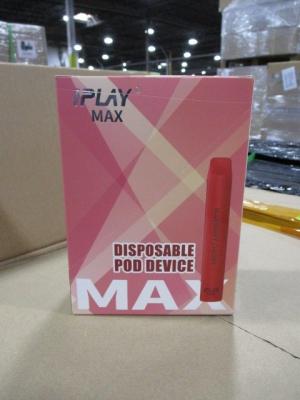
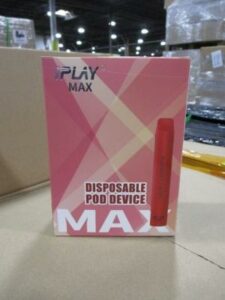 U.S. Customs and Border Protection (CBP) officers in Chicago recently seized 53,700 electronic nicotine delivery systems (ENDS) for violating the U.S. Food and Drug Administration’s Federal Food, Drug, and Cosmetic Act (FD&C Act).
U.S. Customs and Border Protection (CBP) officers in Chicago recently seized 53,700 electronic nicotine delivery systems (ENDS) for violating the U.S. Food and Drug Administration’s Federal Food, Drug, and Cosmetic Act (FD&C Act).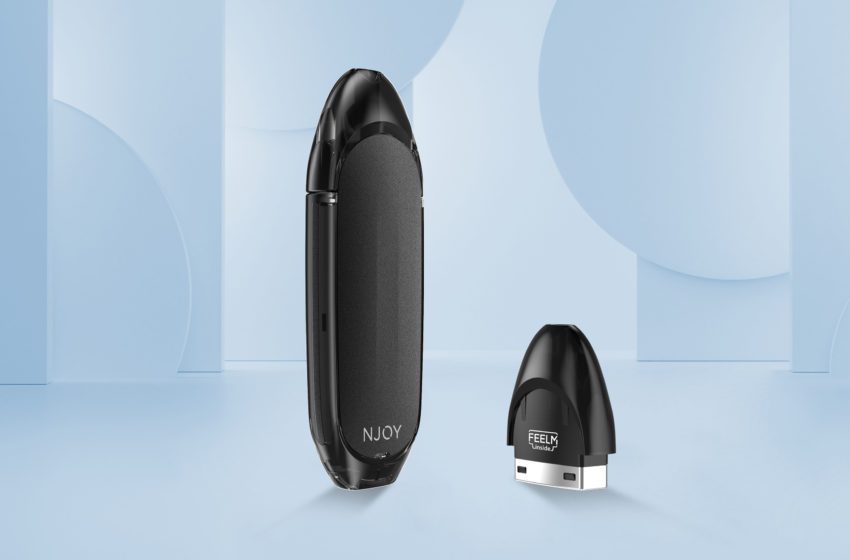
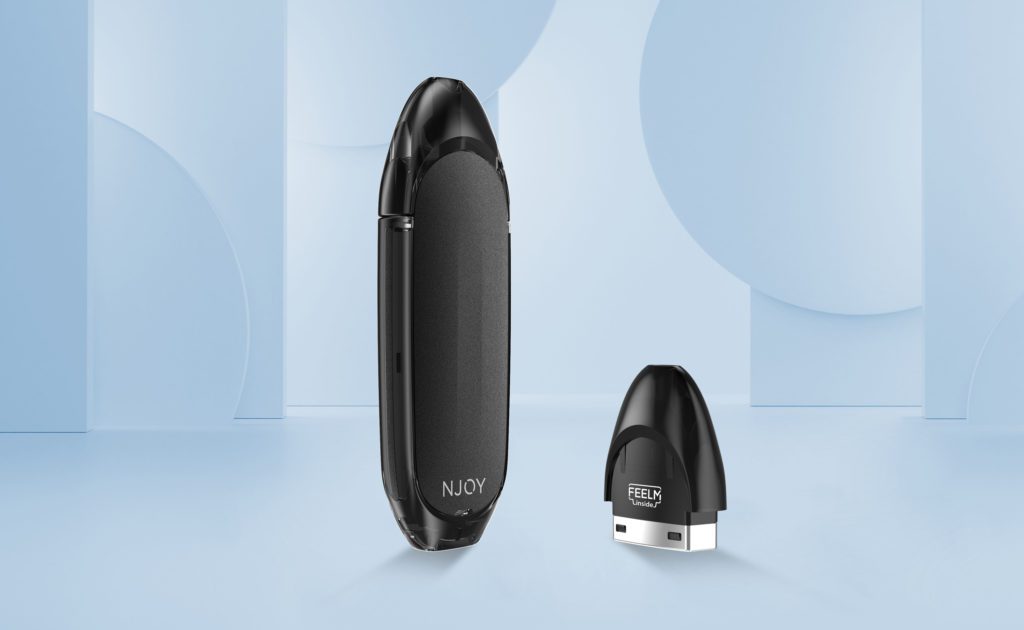

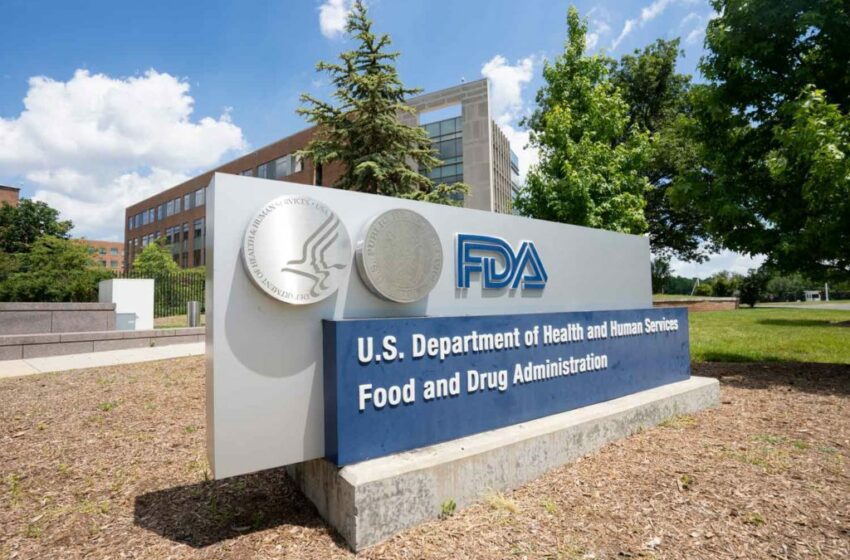

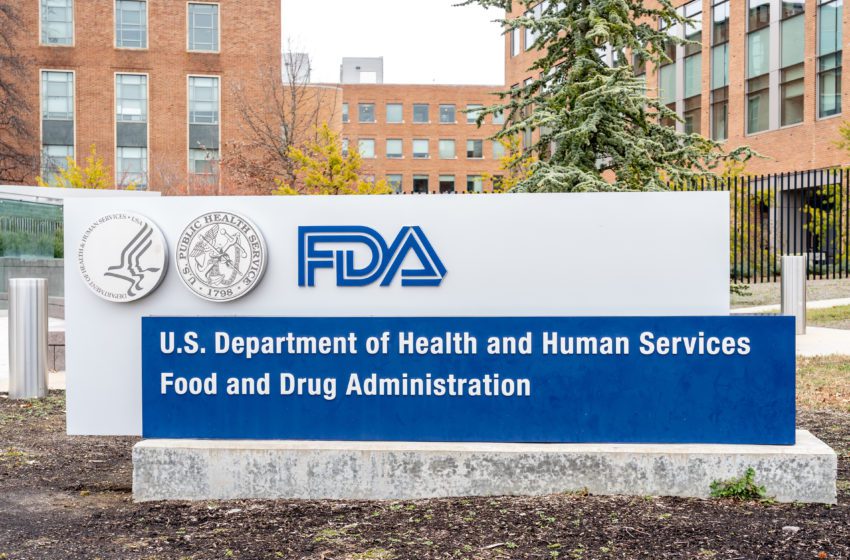
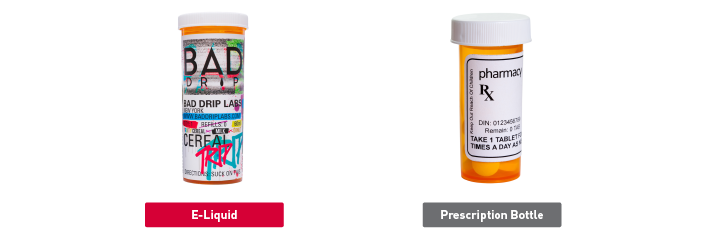 The US Food and Drug Administration has sent warning letters to six online retailers for selling unauthorized e-liquid products from the Bad Drip brand that imitate prescription drug bottles.
The US Food and Drug Administration has sent warning letters to six online retailers for selling unauthorized e-liquid products from the Bad Drip brand that imitate prescription drug bottles.